
Beyond a New Rail Stop
Expanding rail lines shouldn’t dominate transportation talk. Making improvements to existing transit can make a big difference for low-income households.

Tiny Houses: Does Size Matter?
The suggestion of tiny houses as a solution to housing unaffordability is both condescending and impractical. Here’s why.
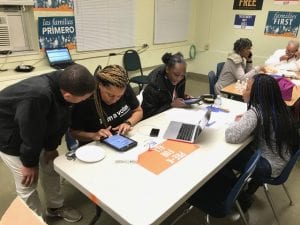
The Ticket to Opportunity
An Indianapolis-based organization successfully campaigned to bring more funding to the mass transit system in Marion County. How did the organization balance the tension between expanding rail line service and improving bus service, and ensure race was at the forefront of the conversation?
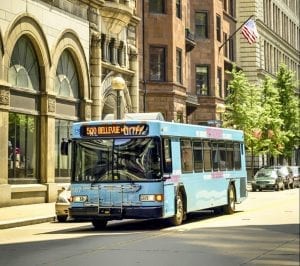
Connected Neighborhoods
Transportation is the second largest direct expenditure for American households, after housing. Of course transportation costs vary widely based on where you live, how far you have to travel to […]

The Opposite of Deficit-Based Language Isn’t Asset-Based Language. It’s Truth-Telling.
How do you describe the people you work for and with, or the neighborhoods you work in? Do you use primarily “deficit-based” language like “distressed,” “at-risk,” “vulnerable,” “blighted,” “high crime,” […]

The Inside World of ‘Change Makers’
Reading Utopia for Realists by Rutger Bregman alongside Winners Take All: The Elite Charade of Changing the World by Anand Giridharadas is a fascinating thought experiment.

Talking About Revitalization When All Anyone Wants to Talk About Is Gentrification
Strategies for turning the conversation back to places where gentrification is not only *not* present, but not impending.
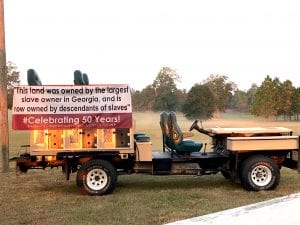
New Communities Inc. at 50: Thoughts on Identity and A Different Way Forward
The story of the nation’s very first land trust shows that sometimes it takes people who have been repeatedly left out of systems to shake us into remembering to aim big, consider new strategies, and leave no one behind.

Is Success Making CDFIs Too Risk-Averse?
Shelterforce’s Miriam Axel-Lute in conversation with Ed Gorman of NCRC on whether community development financial institutions (CDFIs) are taking enough risk, and therefore, falling short of their mission.
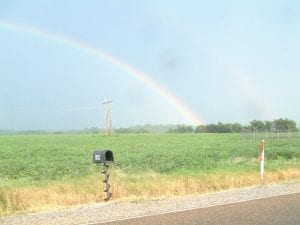
Changing the Way We Think About Poor Rural Communities
Rural communities are very different places—separated by climate, geography, and often race. But in many other ways, these communities are far more similar than different.
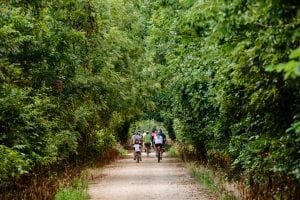
Shifting our Thinking About Rural Coverage
Shelterforce has had its comfort zones, and we’ve largely stayed within them. But it was time to shift our thinking so rural areas were more clearly part of the fold.

Behind the Scenes of NCRC’s Gentrification Report
A conversation with an NCRC senior research analyst about the organization’s report on gentrification, what its findings show and don’t show, and what the policy implications might be.
